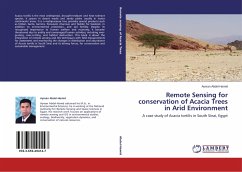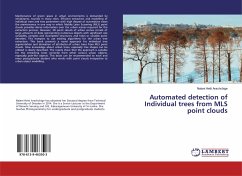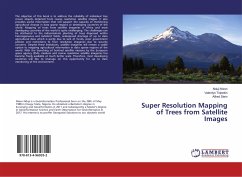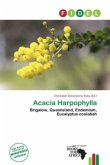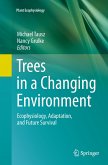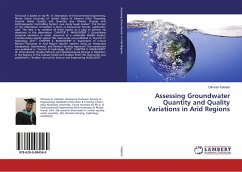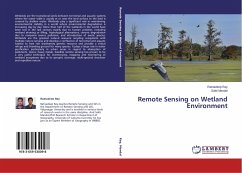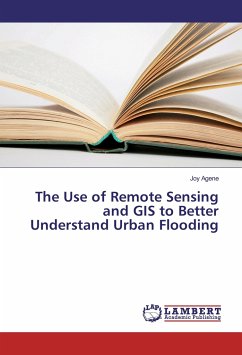Acacia tortilis is the most widespread, drought-resistant and heat tolerant species, it grows in desert wadis and sandy plains usually in water catchments' areas. It is a multipurpose tree provides several products such as timber, Gums, tannins, firewood, charcoal, and fodder for livestock, in addition to environmental protection, and soil fertility. Despite its recognized importance to human welfare and economy, it became threatened due to aridity and unmanaged human activities; including over-grazing, over-cutting, and habitat destruction. This book is about the integration of remote sensing and GIS techniques with field measurements for assessment and monitoring the changes in distribution and abundance of Acacia tortilis in South Sinai and its driving forces, for conservation and sustainable management.

